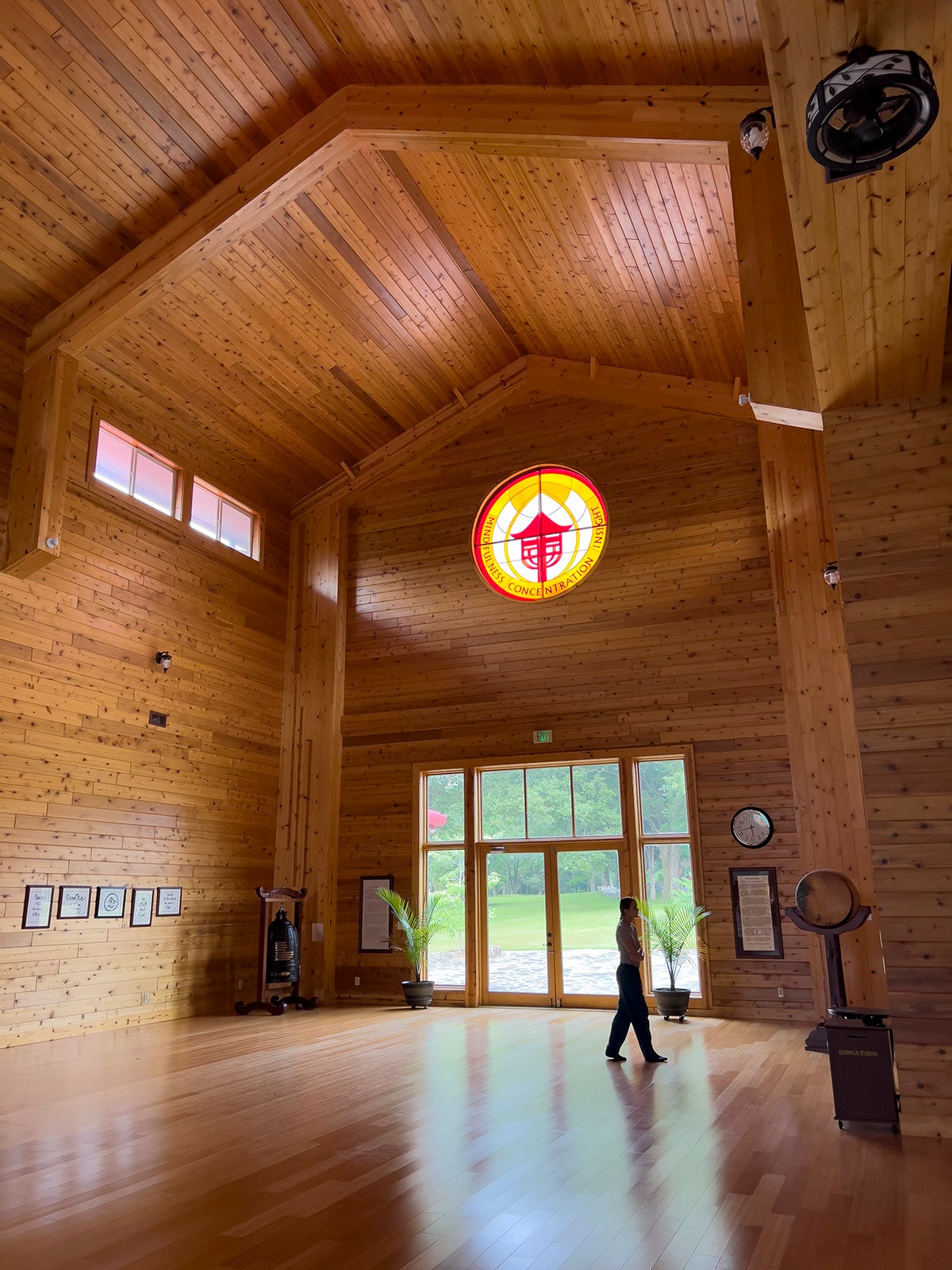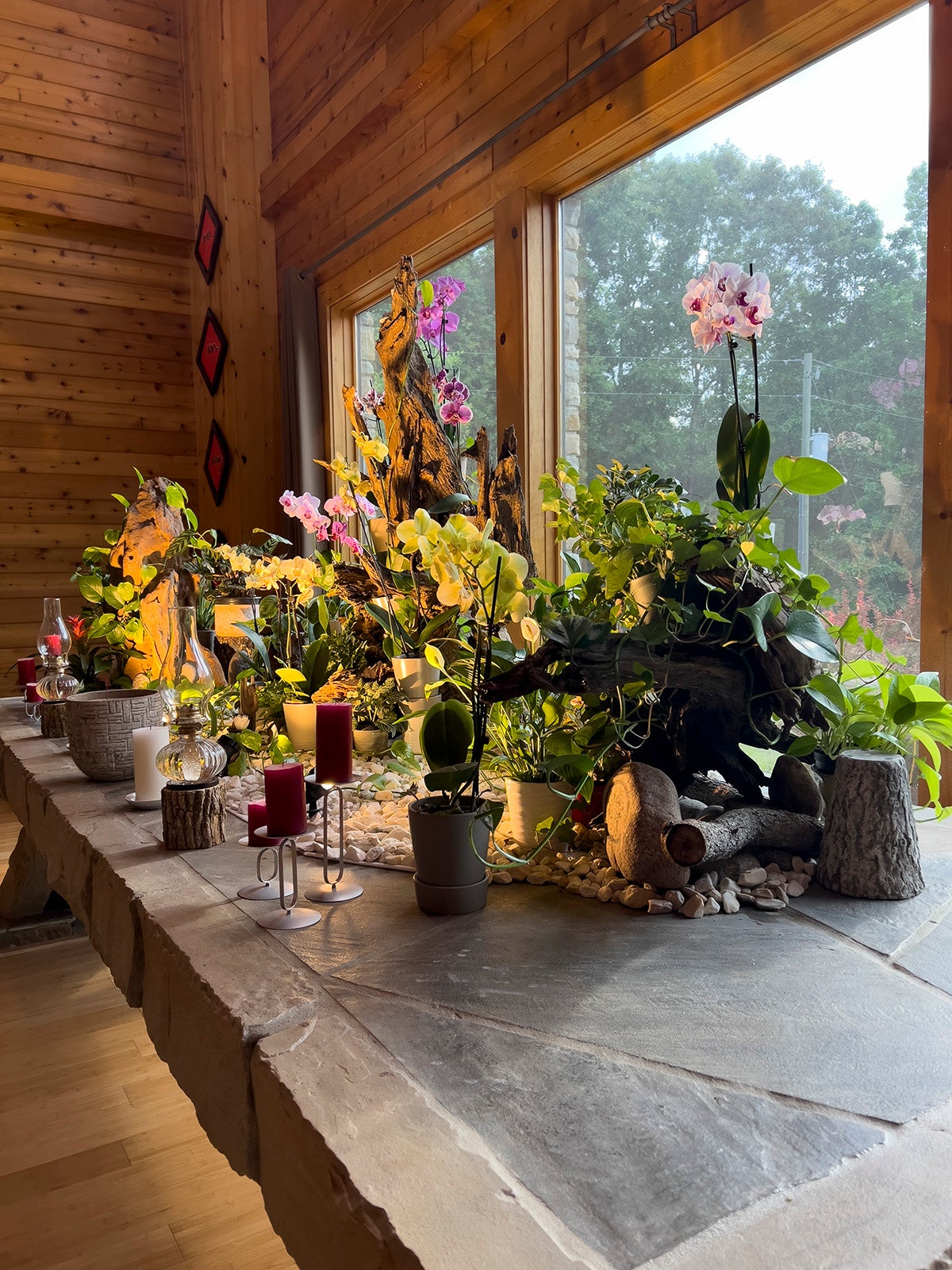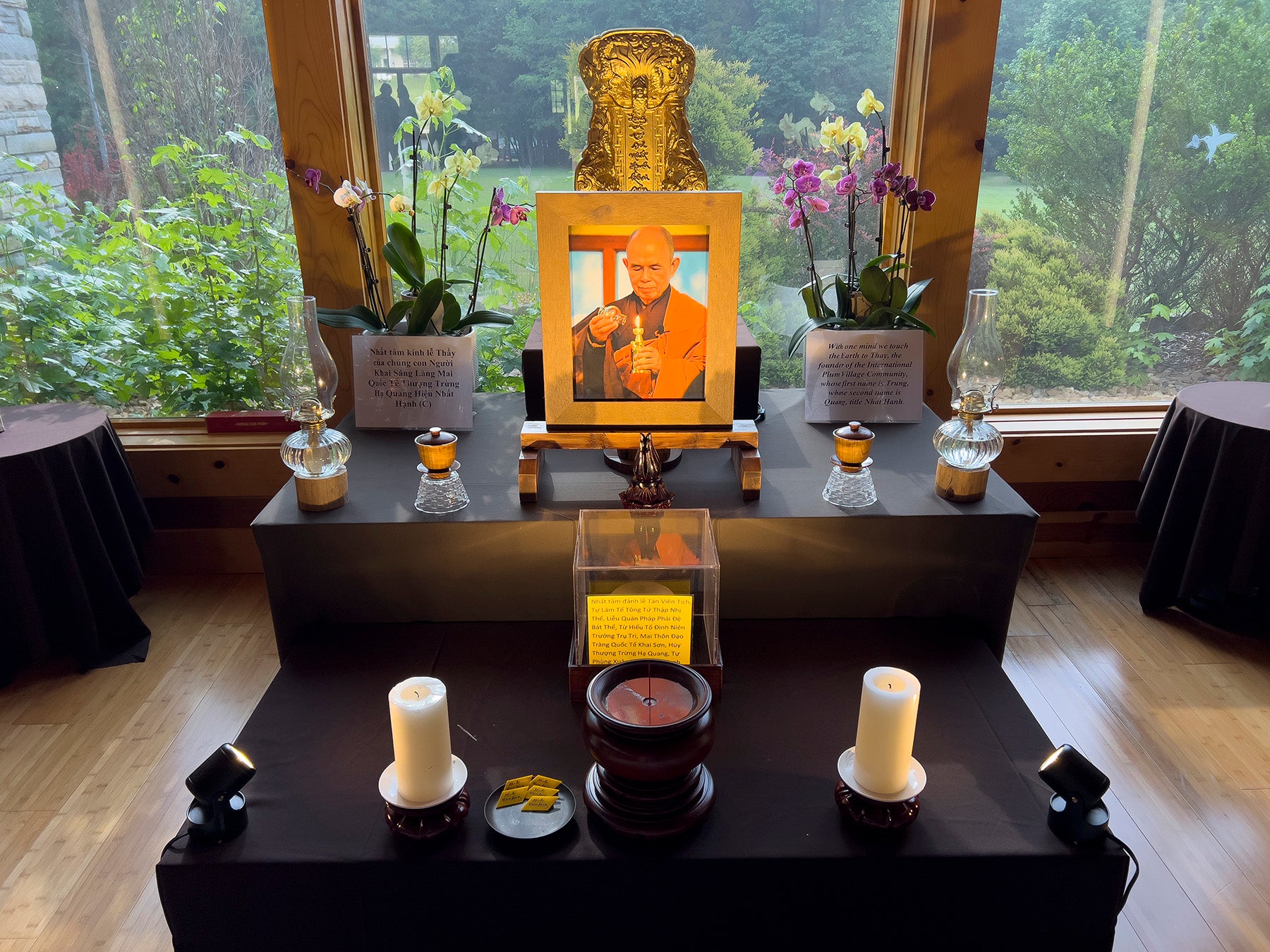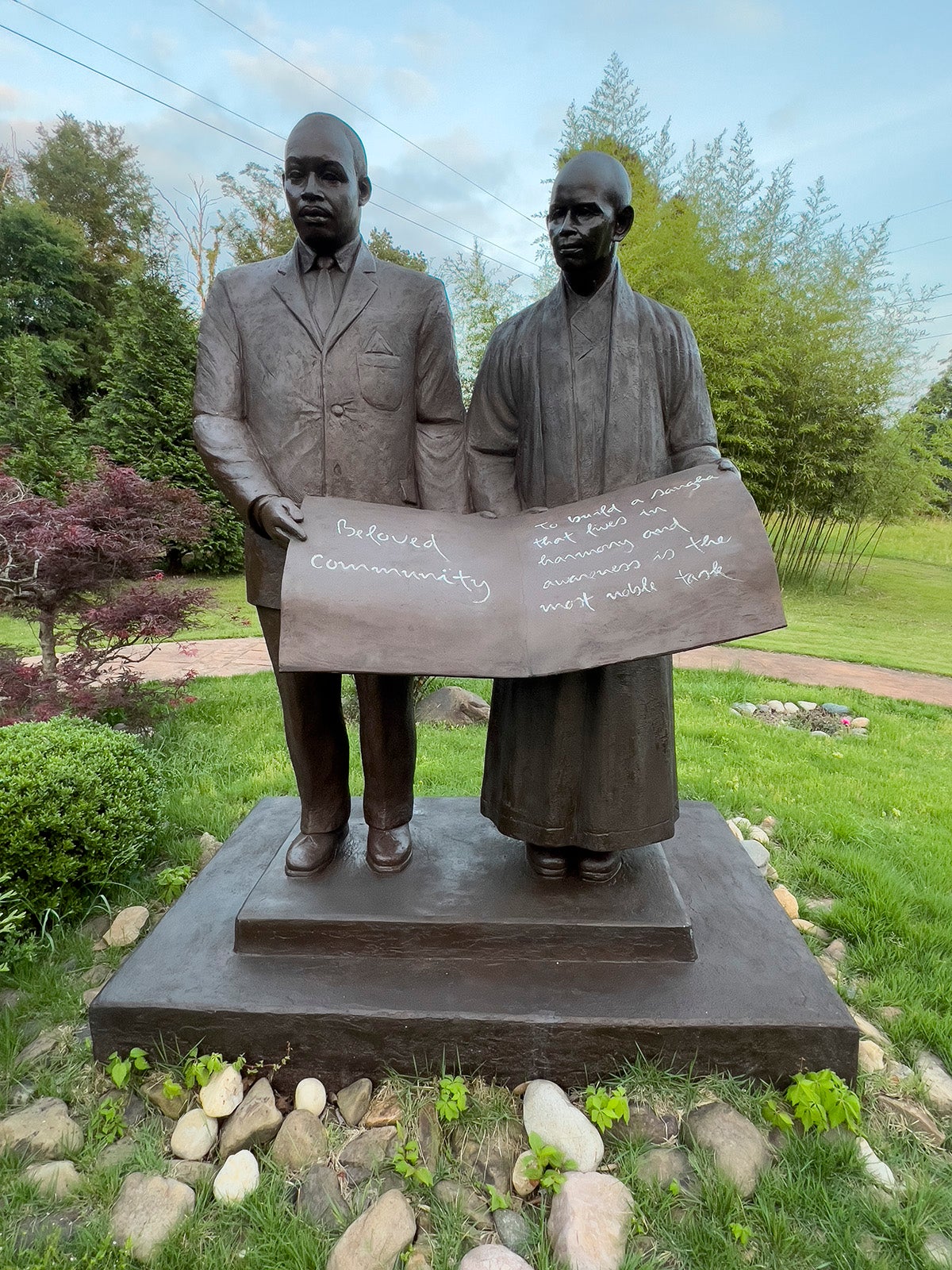Reaching toward Nirvana
Published 3:59 pm Wednesday, May 31, 2023
By Susan Mah
Unbeknownst to many, there’s a Buddhist monastery in Batesville called the Magnolia Grove Meditation Practice Center, which was founded by Thich Nhat Hanh, the famous Vietnamese monk, peace activist, author, poet and teacher who died last year. Hanh is known for the Plum Village Tradition: the inspiration for “engaged Buddhism” or the adaptation of Buddhist values and ethical conduct to social and political activism.
Interestingly, Hanh met Dr. Martin Luther King Jr. in 1966, coming together in opposition to the Vietnam War. There are no surviving notes of their private conversation, yet Hanh once told Oprah, “We had a discussion about peace, freedom and community. And we agreed that without a community, we cannot go very far.”
As legend goes, it was through this friendship that Hanh learned of the South and was attracted to Mississippi due to its climate being similar to Vietnam’s.
According to one of the monks who served as a tour guide, they do not worship Buddha as if he were a god; the Buddha was simply a man. Consequently, at the alter in their temple, they only have arrangements of flowers instead of a godly statue. They do, however, have a statue of Thich Nhat Hanh, whom they refer to as their beloved “teacher.”
Instead of thinking of Buddhism as a religion, they think of it as a “practice” that can be done, “like yoga.” From their perspective, this practice does not have to interfere in one’s religion.
The monastery is open to visitors and has retreats as well as classes in mindfulness two days a week, on Thursdays and Sundays. Mindfulness means maintaining a moment-by-moment awareness of our thoughts, feelings, bodily sensations and surrounding environment through a gentle, nurturing lens. In the last decade or so, mindfulness has become a much talked about positive coping skill to be used to as a form of stress management.
Mindfulness also involves acceptance, meaning that we pay attention to our thoughts and feelings without judging them—without believing, for instance, that there’s a “right” or “wrong” way to think or feel in a given moment. When we practice mindfulness, our thoughts tune into what we’re sensing in the present moment rather than rehashing the past or imagining the future.
To learn more or visit the monastery, visit their website at https://magnoliagrovemonastery.org/.











